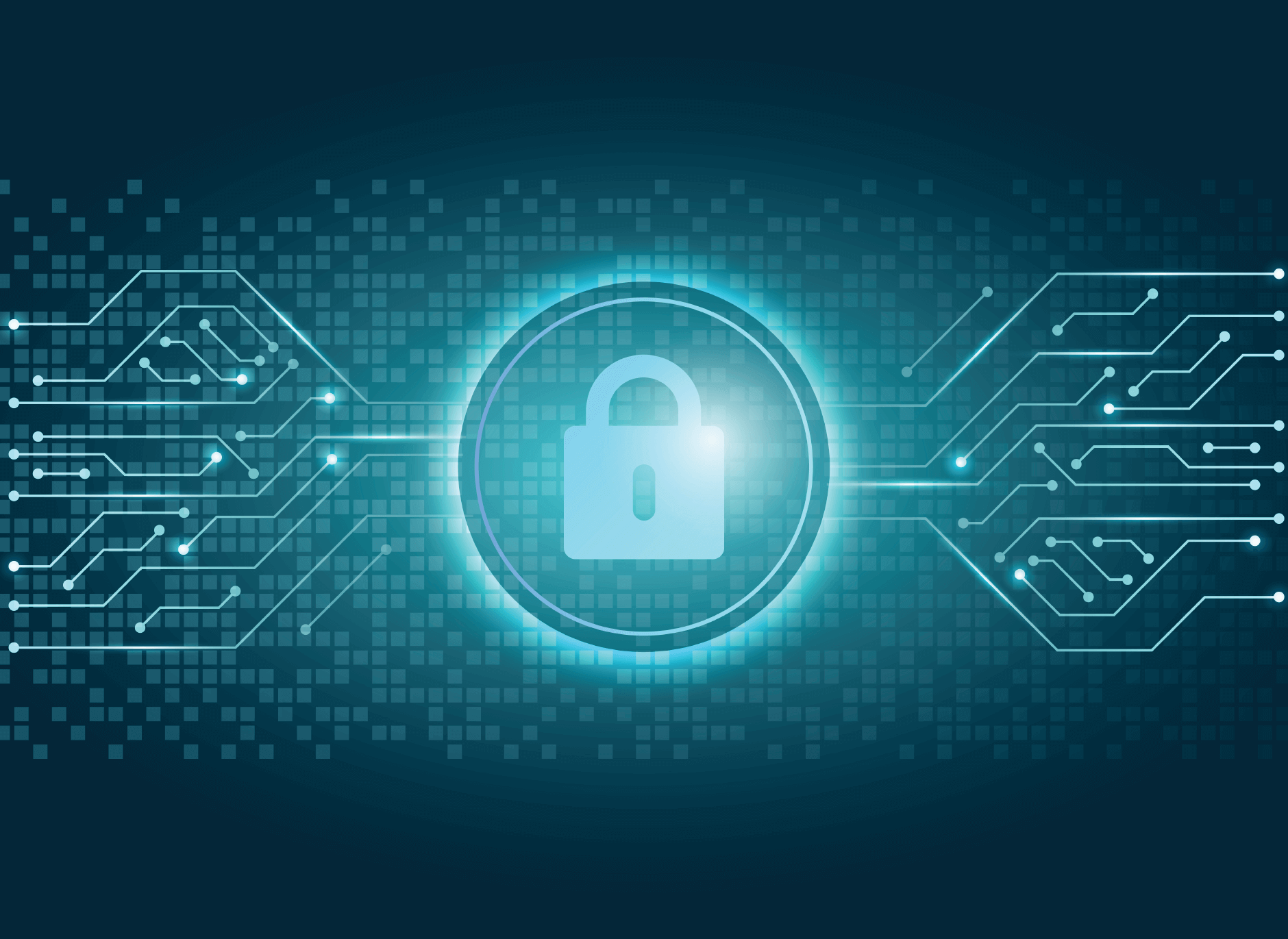Freelancers are a micro-business.
Data breaches are one of the top concerns of micro-businesses (freelancers) because when they notify the companies, they work with that their information was stolen they may terminate them and file a lawsuit. A data breach can have a severe and irreversible impact on cash flow. That is why 60% of freelancers are put out of business in just six months after a data breach, they run out of money. With no further ado, let us dive right in and find out how you can protect yourself from a Data Breach. We are not going to discuss how to prevent a Data-Breach (no one has solved that problem), but how to protect the electronic files that cybercriminals steal so they can sell the content of the files on the Dark Web.
How can a cyberattack affect freelancers?
Cyberattacks represent a constant threat for people and their businesses, as they sometimes can have irreversible harm potential. Many freelancers are often unaware of how much damage a cyberattack can do to their work and how endangered they are. Let´s take a look at some of the major damages a data breach can do:
Reputational Damage
As a freelancer, you work as a sub-contractor for a company or multiple companies, and you provide a service that generates your revenue. Freelancers build up a reputation for doing the job on time and in budget, and that reputation is used to attract more clients. When your client’s information is stolen due to a data breach, you impact both your and your clients’ reputation, and you are liable for a lawsuit.
Increased Costs
It is an indisputable fact that implementing an ultra-secure policy for defending against hackers can sometimes cost you a lot of resources. Still, a cyberattack will increase your costs much more than that. It will cost you time and a lot of money if the client you were working with and whose data was stolen due to the data breach wants to file a law suit against you. This is by far one of the biggest fears one can have when thinking about being hacked.
Stolen Intellectual Property
Whether we´re talking about professionals or businesses, their most valuable asset is represented by their product designs, technologies, and strategies. This means that when a data breach occurs and their Intellectual Property is stolen, it may cause financial hardship. Intellectual property (IP) covers patents, copyright, trade secrets, and trademarks, and the theft of IP may create trouble for the victim and a lawsuit for the freelancer.
Three Zero trust principles you need to adhere to ASAP
The Zero Trust model (based on NIST 800-207) it´s based on the following fundamental principles:
- Continuous verification – meaning you have to constantly verify access for all resources
- Minimize the impact if an external or insider breach occurs
- Using identity-based segmentation
- Following the least privilege principle, meaning that every time credentials are used, they are given access to the minimum capacity required to perform the task
- Automation of the context collection and responses
By following this principle, you engage to perform a continuous verification: no trusted zones, credentials, or devices are allowed. It outlines that you should never blindly trust anything and always verify first.
Most freelancers are never fully prepared for a data breach, but minimizing its effects is critical. This Zero Trust principle intends to limit the access paths for a potential malicious intended person, allowing the system and the people to respond as quickly as possible and mitigate the attack. You can do that by:
This principle suggests that you should always incorporate behavioral data. More data can be highly helpful to make the most effective decisions as long as it is acted on in a real-time manner.
How can you implement zero-trust security for your micro-business
Switching from the old ways of cybersecurity and changing your entire approach to IT infrastructure and internal policies will take you a lot of time but will also save you a lot of money and resources in the long-term run. Adhering to Zero-Trust principles is about changing an entire mindset and seeing cybersecurity from a new perspective. Some of the most manageable steps you should follow as a freelancer to better secure your business are listed below:
- Do you have any data that goes out of your system to your customers or applications? Are these data encrypted – At-Rest and In-Motion? If not, you should start considering using encryption as soon as possible.
- Make sure you are the only one who has access to sensitive files, and in the event of a data breach, you can track your files and see who stole them.
- Secure all your accounts with two-factor authentication, from Social Media accounts to typical shared applications.
- Double-check every e-mail you receive or any website you’re uploading your data to ensure no phishing is involved.
RYN File provides all freelancers with free vCISO services by offering a platform where everyone can safely encrypt their files and share them worldwide with confidence. Encrypted files are utterly useless in the hands of a hacker – they cannot sell them, they cannot use them, and most importantly, they cannot decrypt them. Moreover, when a data breach occurs – because it’s a matter of when, and not if, by using RYN’s encryption platform, you receive an instant notification with failed, unauthorized trials to open the file.

